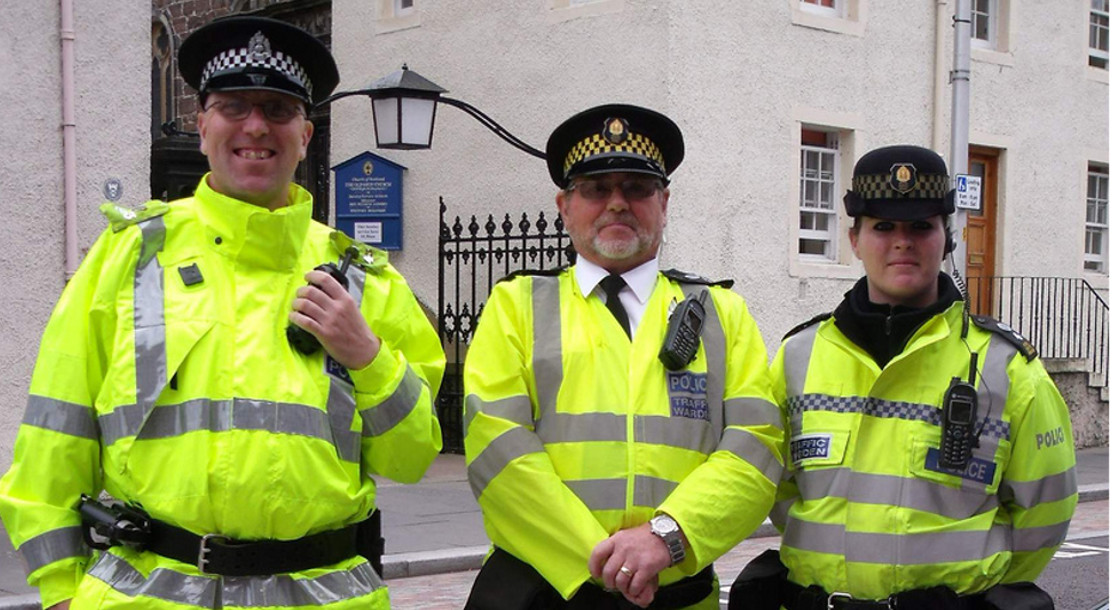Last January, Police Scotland began a controversial new program in which officers were directed to issue warnings to low-level cannabis offenders rather than prosecute them. Statistics obtained by Scottish journalists have revealed that police issued 5,827 Recorded Police Warnings (RPWs) in 2016/17. Police Scotland issue RPWs for minor offenses which would have previously been reported to prosecutors.
Police Scotland Superintendent Athol Aitken said that these RPWs were only being issued to those caught with “extremely low” amounts of cannabis. “This was never introduced as a recording process just for cannabis,” he added. “The whole scheme is about proportionality and what’s the most appropriate way of dealing with that individual.”
Aitken explained the positive impact the RPW program could have on a low-level offender: “It might be the first time that person has been in trouble. I don’t think it’s appropriate that that person, if it’s been a minor piece of offending where there’s no harm to a victim, could then carry a criminal conviction for years in their life which may affect their employment possibilities, their education, their travel. If they are dealt with proportionately and fairly by Police Scotland and the justice system, then there’s perhaps a chance they won’t offend again and they can get on with their life.”
Aitken also said that the RPW effort has a positive “by-product” of freeing up police time so that officers can focus on serious crimes. “This is an opportunity for officers to be out in communities doing other work and perhaps be more visible in communities, but also for the procurator fiscal to focus on higher level criminality,” he said.
Cannabis is still a Class B drug in Britain, and possession can lead to up to five years imprisonment. However, the decision not to fully prosecute every cannabis offender has drawn criticism from conservative politicians. Scottish Conservative shadow justice secretary Liam Kerr said that cannabis was “not a harmless drug” and that issuing RPWs was sending the “wrong message.”











